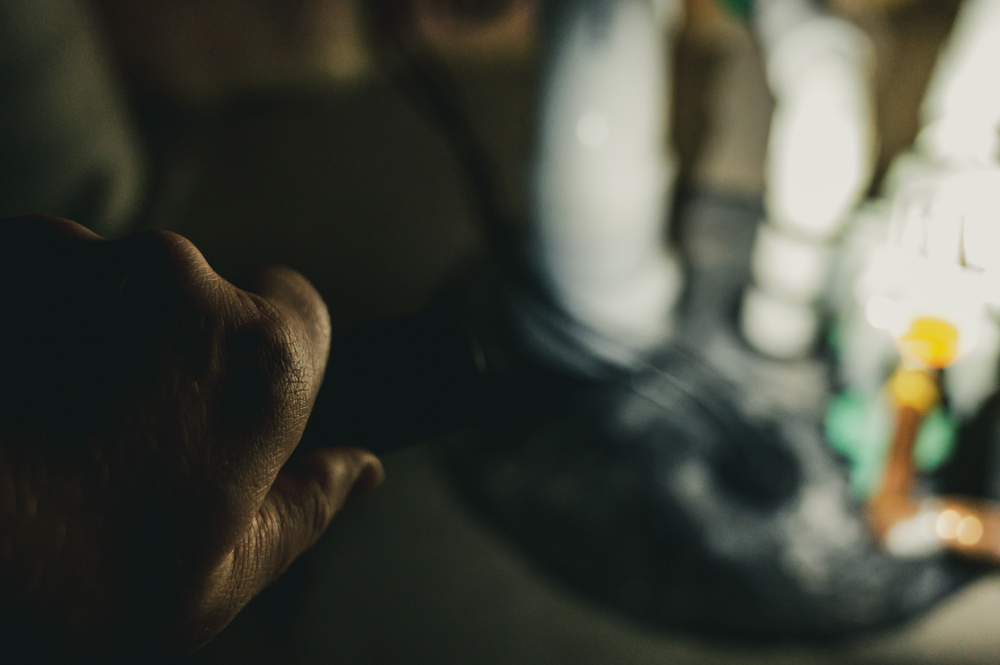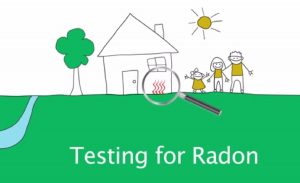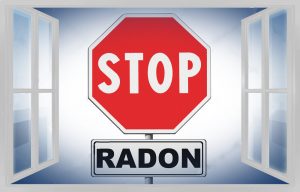Is your radon mitigating system making a whirring or whooshing sound? Is the sound increasing or getting worse with time? There is a high chance that your system is getting old and needs an upgrade or repair. An average radon mitigation fan runs for about 5 – 10 years.
If your fan has crossed that threshold, it surely needs replacement. EPA reports confirm the same that these fans are good for 5 years or so. To be on the safer side and to keep your radon levels in check, get the fan evaluated. It is pretty tough for an average person to replace it or check its condition. You must call a professional contractor to do it for you.
But there are some normal everyday noises that a radon mitigation system makes. How do you differentiate? In this blog, we talk about all kinds of noises in the radon mitigation system. Understand which one is alarming and which ones are basic. Read on to learn more details about them and make a conscious decision about contacting your contractor.
Normal noises of the radon mitigation system
There are two types of normal, everyday noises that a radon system makes.
These are nothing to worry about. What are they? The normal airflow noise and the noise of the vibration of the equipment.
These noises are generally very mellow and are only as much as the pressure of the wind flow. The amount of air pushed through the system determines the output of this noise.
There is another normal noise that happens when water or ice moves around with the fan blades. This especially happens during winter or monsoon months. These noises are nothing to worry about.
Radon mitigation system noises that need checking
But there are some noises you need to worry about. Understand what they are and try to identify them in your system to determine the next step.
- Fan vibration
If the fan is vibrating too much, it can make a lot of noise. If there is a problem in the wiring of the fan or there is a fluctuation in wattage, it can make abnormal noises. You can either use a quieter fan that is more stable or see if your fan is outdated and get it replaced altogether.
- Fan motor noise
The fan motor can make noises at times. This noise can again get you worried. This happens when there is some lack of balance in the fan blades. To solve this, you need to separate the fan blades, the piping, and the building components to stop them from clashing.
- Airflow noise
You will witness excessive noise if massive amounts of air are pushed through the system. The sudden gush of air can hamper the system which is unprepared for the added load and can collapse and make noises. This added pressure on the pipes can damage the whole system, and it can lose its basic efficiency.
What can you do to reduce the noise?
There are some remedies to handling the excessive noise coming out of your radon mitigation system. Here are a few to get you started.
- Replace the fan
An average radon mitigation fan does not last more than 5 – 10 years. If yours has been serving for more than that, it is time to get it replaced. An outdated fan is a useless piece of equipment in the system because it will not be able to keep the system going.
- Replace or upgrade the pipes
Each radon mitigation system comes with different sets of pipes. They are all made to carry a certain amount of load. If your contractor did a bad installation job and used a smaller pipe than required, it can cause a lot of noise. You need to get it replaced to get the best results.
- Call your radon mitigation company
If you are unsure about the source of the noise and do not know how to handle the situation. It is better to leave it to the experts and call your radon mitigation contractor for further assistance.
Installing a flawless radon mitigation system
For further knowledge on fan replacement or installing a new radon mitigation system, give us a call. At Atlantic Radon, we have an entire team of radon mitigation experts who have years of experience in doing this. We will help you make your system flawless and ensure the best health and living conditions for your dear ones. Talk soon!




